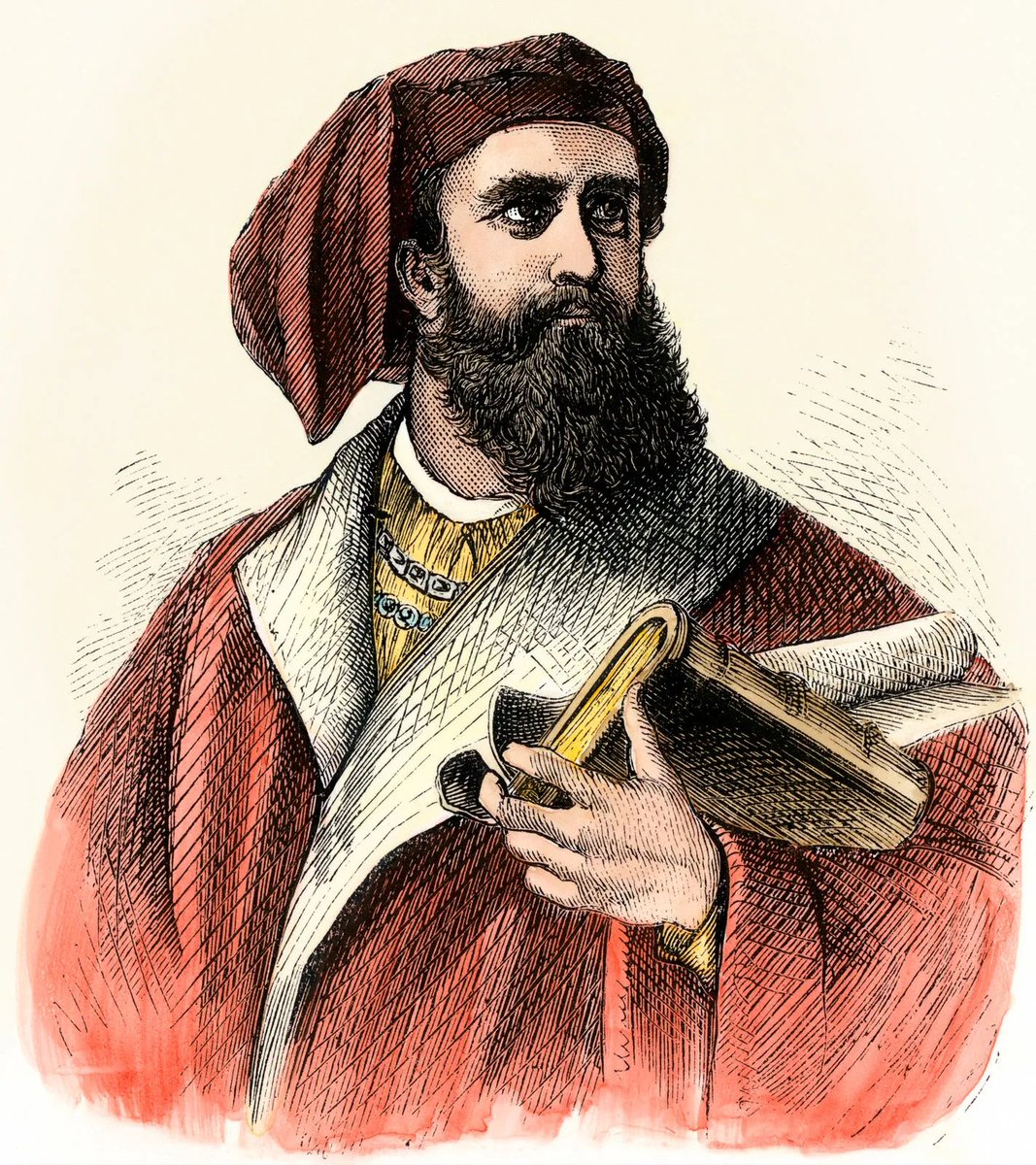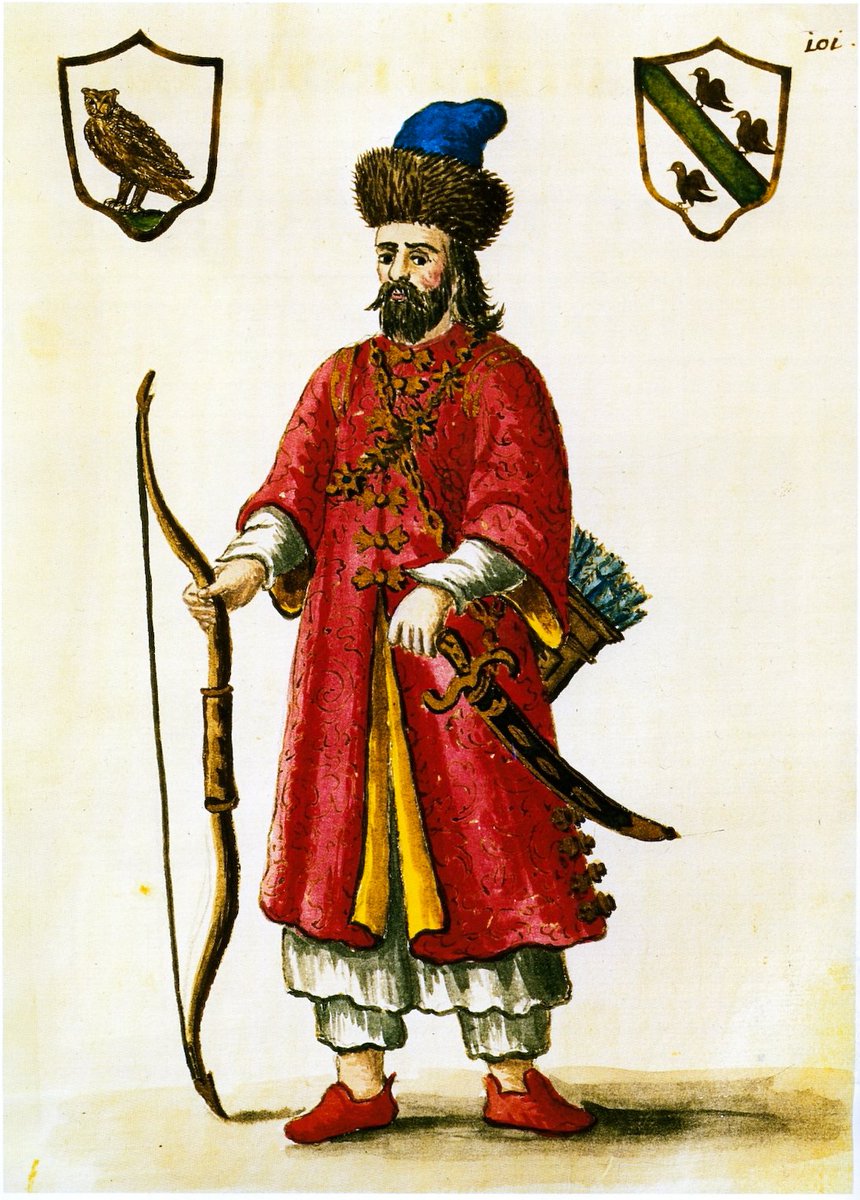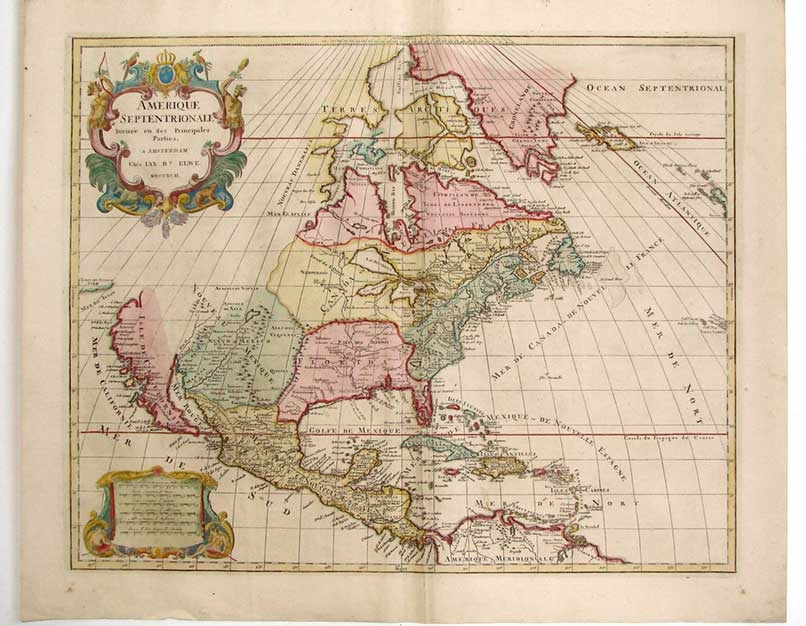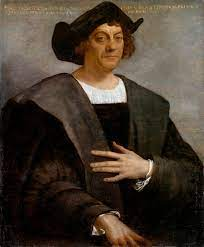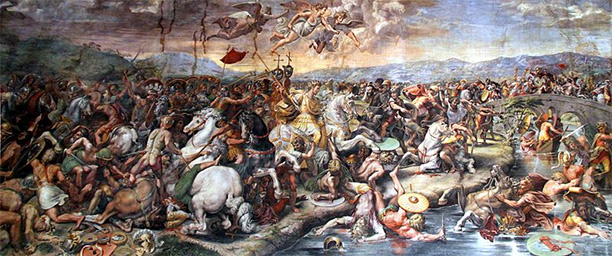
At the age of 32, Alexander the Great had conquered the entire known world at the time amounting to 2 million square miles. However, before he could conquer more, after falling ill he mysteriously died. Till today this has been history's greatest mystery. 

Since then, historians have debated the causes of his death. Rumours of causes of his death include malaria, typhus, alcohol poisoning, and murder. However, in a new theory, it is believed that Alexander died due to a neurological disorder known as Guillain-Barre Syndrome (GBS). 

Guillain-Barre Syndrome occurs when the immune system attacks the nerves. This condition might be triggered by an acute viral infection. Many believe that because of this condition Alexander was paralysed and announced dead before he actually was. 

Within a year of his death, Alexander the Great's empire was split into many fractions and thus started the Wars of the Diadochi. 



#WorldHistoryin3Points #ZacSangeeth
To read more about Alexander the Great, his life, and the events that followed his death buy my book at amzn.to/3siP2sr
To read more about Alexander the Great, his life, and the events that followed his death buy my book at amzn.to/3siP2sr
@KingsGenerals @archeohistories @archaeologymag @archaeologyart @AlexanderQuote @DeepintoHistory @whencyclopedia @myhistorytales #alexanderthegreat #DeathofAlexander #History @Greece #GreekHistory #LifeofAlexandertheGreat
@threadreaderapp unroll
• • •
Missing some Tweet in this thread? You can try to
force a refresh


